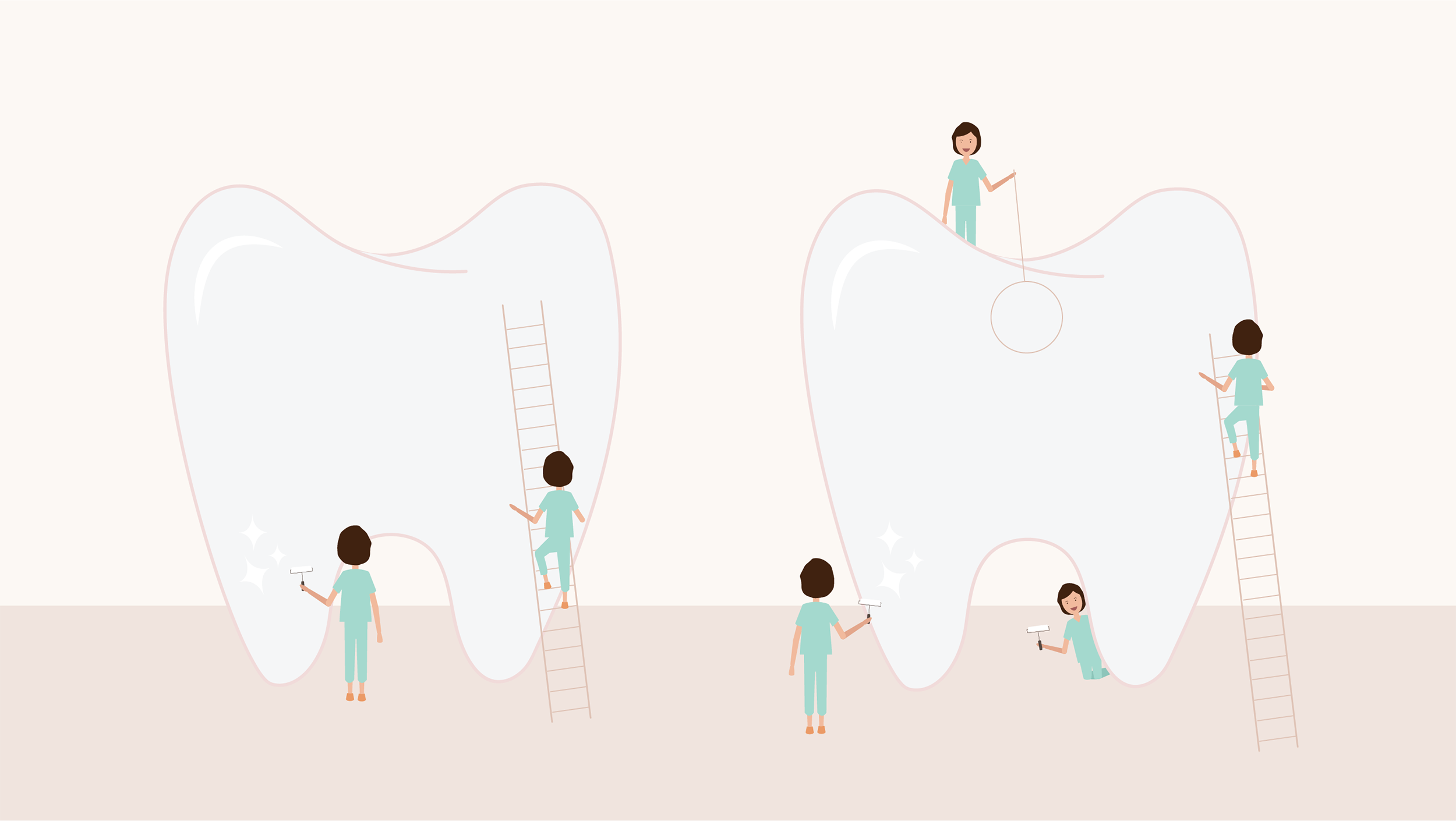
Dentures
Dentures are artificial replacements for your natural gums and teeth. Our overall health is largely dependent on our oral health. Apart from eating and speaking our teeth also support our facial muscles and maintain our looks. Loss of teeth may result in loss of all these important functions which we take for granted. Dentures can help you regain that look, feel and function of your teeth. They may be removable or dental implant supported.
Why do I need this?
You may have missing teeth due to several reasons: an accidental fall, gum disease or teeth having to be removed due to dental decay. You may also have loose ill-fitting old dentures made for you long ago. You don’t have to suffer the consequences of missing teeth anymore.
Partial dentures replace a few missing teeth. Remaining natural teeth will remain untouched. Only the teeth which are missing will be replaced.
Full or complete dentures replace all the natural teeth. This can be conventional or immediate dentures. Over dentures replace some or all missing teeth. This denture fits over a small number of remaining natural teeth or dental implants.
Patient Expectations
Complete dentures are usually successfully delivered by six to eight appointments. This is to make sure the patient has accepted and adapted to the denture. Each appointment consists of a type of measurement of the gums or a trial. Between each appointment there is usually a gap of a couple of days. Remember that getting adjusted to a denture is like making a new friend, it takes patience, willingness and some effort.
Post denture delivery instructions
New dentures may feel heavy and foreign. There will be some minor irritation or soreness. Saliva flow will temporarily increase. Adjustment of dentures may be required. If any problem persists, consult your dentist.
Eating will take a little practice. Start with soft foods cut into small pieces. Chew slowly using both sides of your mouth. As you become accustomed to chewing, add other foods until you return to your normal diet. Be cautious with hot or hard foods and sharp-edged bones or shells.
Initially speaking can be a little tricky. Practice by reading out loud. You may find that your dentures become loose when you laugh, cough or smile. Reposition the dentures by gently biting down and swallowing. If the problem persists, consult your dentist.
Care and storage
During the first 24 hours, you may wear them most of the time, including while you sleep. After the initial adjustment period, you must remove the dentures before going to bed. This allows gum tissues to rest and promotes oral health.
Dentures are very delicate and may break if dropped so be careful. Store your dentures away from children and pets.
Brushing: Dentures must be brushed daily to remove food deposits and plaque. You can use a brush designed for cleaning dentures or a toothbrush with soft bristles with hand soap.
Keep dentures in normal water: not hot, not cold. Dentures may lose their shape if they are allowed to dry.
Do not try to adjust or repair your dentures. A denture that does not fit properly causes irritation and sores. Visit your dentist if your dentures break, crack, chip, or if one of the teeth becomes loose. A dentist can often make the necessary adjustments or repairs on the same day. Never seIf-repair dentures with glue sold over-the-counter as it contains harmful chemicals.
Other considerations
Dentures may become loose because a mouth naturally changes with age. Bone and gum ridges recede or shrink. Loose dentures can cause sores, infections, make chewing difficult and may change facial features. Then they need to be relined, rebased, or remade. Let your dentist decide.
Daily brush your gums, tongue and palate with a soft-bristled brush before you put in your dentures, this removes plaque and stimulates circulation. Also maintain a healthy diet. Regular six monthly dental check-ups are important.
